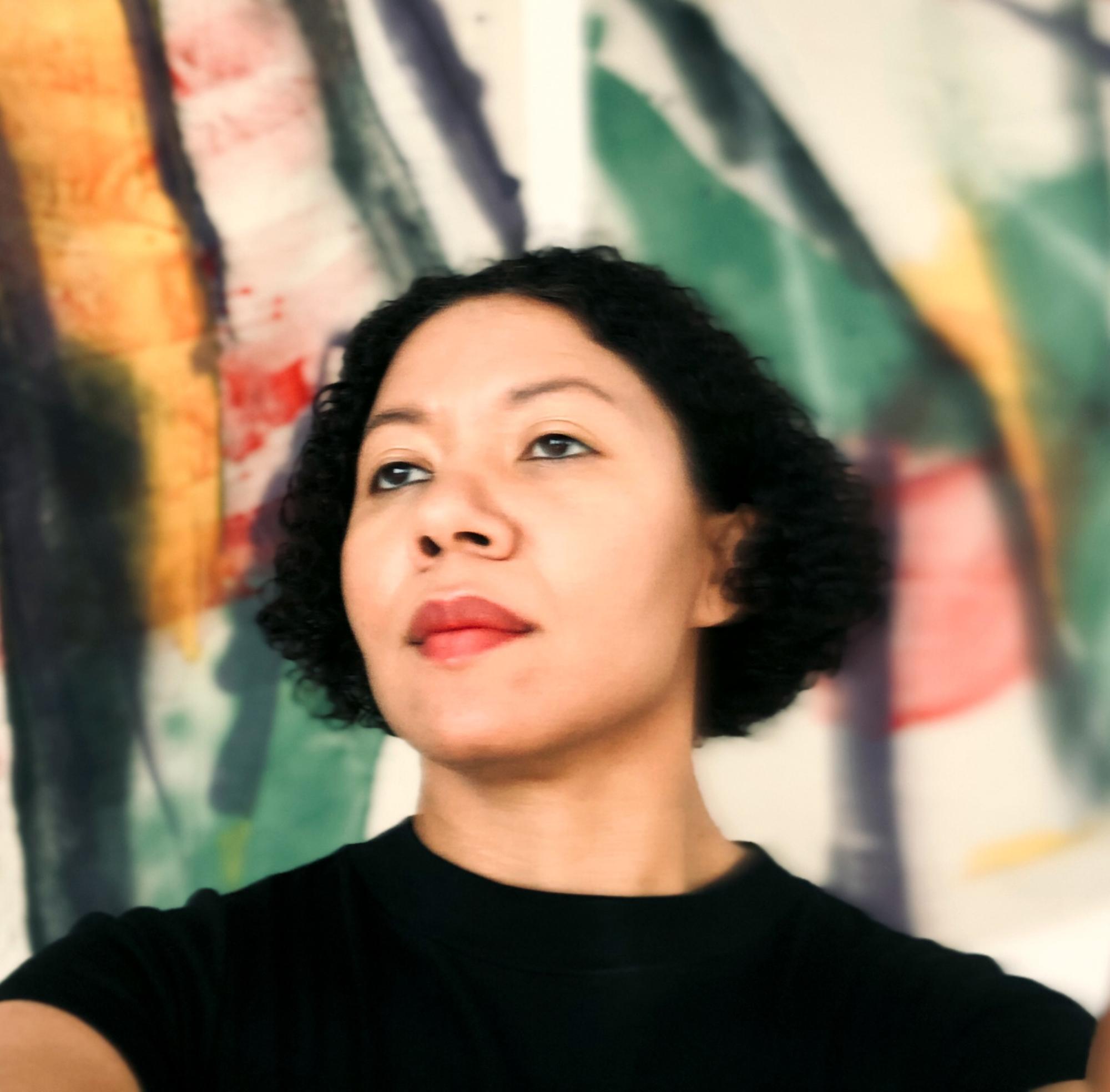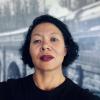Meet Teaching Artist Angela Ajayi


Angela Ajayi's first story, “Galina,” published in Fifth Wednesday Journal, won the 2017 PEN/Robert J. Dau Short Story Prize for Emerging Writers. Her essays, book reviews, and author interviews have appeared in The Common Online, Wild River Review, and the Minneapolis Star Tribune, where she is a contributing book critic. She holds a BA in English literature from Calvin College and an MA in comparative literature from Columbia University. In her fiction, she often seeks to explore the intersection of race, gender and class in cross-cultural spaces. She is working on her first collection of stories.
You can find Angela's current classes on her artist bio page.
***
When did you start teaching? What path—career or otherwise—brought you here?
I taught my first class in 2020, so I’m new to teaching. However, when I look back—at a path that has involved a long stint in the book publishing industry, years spent in graduate school studying comparative literature, and then additional years writing fiction and nonfiction—it doesn’t surprise me that I’ve arrived at teaching, as a kind of foregone conclusion. For me, I suppose it’s the idea that one has acquired enough experience and knowledge along the way to contribute something of use to the lives of others.
How would you describe your teaching style?
I like to be prepared and organized while presenting the class material, but I’m also in search of moments when that preparedness can meet the unknown, usually in the form of students’ questions, comments, writing exercises, etc. Moments both dynamic and rich with the potential to learn something new for both student and teacher.
When it comes to imagining and creating classes, where do your ideas come from? What in particular inspires you?
I’m mostly interested in ideas that fall outside the binary or perhaps, more specifically, ideas that fall into those in-between spaces within an ongoing dialogue about a variety of current issues. Exploring nuances and ambiguities. Engaging what might be considered somewhat controversial or divergent but doing it in such a way that invites further thought and dialogue.
What's the ideal environment for your classroom? What atmosphere are you hoping to establish?
I prefer smaller classes in which students are open and willing to move beyond their comfort zones into newish writing territory and to question some of the set boundaries within themselves. Having said that, I always try to strike a constructive tone so that the atmosphere is at once welcoming but also oriented toward helpful feedback.
Regardless of what your class is specifically focusing on, what's the main goal you have for your students?
While a major goal for students is often on learning, I’m more focused on unlearning. Right now, I’m interested in highlighting how our realities can often be constructed, especially in regard to cultures and race and how we might write against those (often inadequate or narrow) constructs in a way that can be beneficial to ourselves and our society.
What are goals you have for yourself? These could be teaching goals, writing goals, career goals, community goals, etc.
I’m currently working on short stories. I’d like to turn them into a novel in stories or a composite novel, allowing each story to stand on its own and also contribute to a larger narrative within which there is a beginning, middle, and end. Since I’m new to teaching, I’d also like to continue to develop my current class material to the best of my abilities and excel in the art of teaching.
What have been some of your own favorite educational experiences?
The workshop experience. I’ve been most impressed by instructors who alter it in ways that upend norms and expectations, who successfully challenge what’s been deemed an ideal or preferred experience.
To you personally, what is the most important part of the literary arts?
This is a tough question. I value almost all the literary arts equally, though I happen to be partial to literary criticism at the moment.
